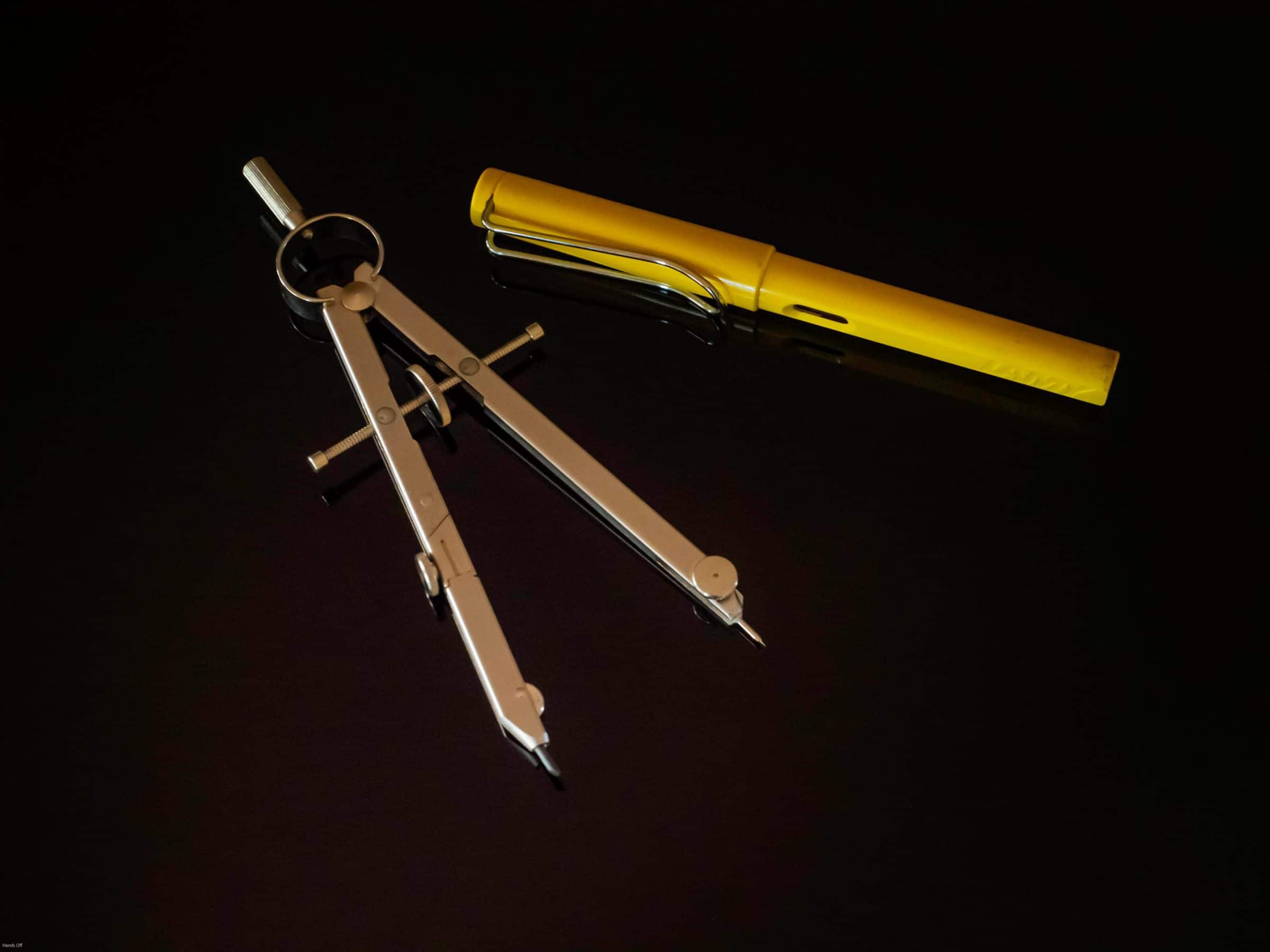If you are struggling to see the point of studying maths then this article is for you. Hopefully it will encourage you to keep working hard at your studies, and give you the motivation to succeed.
How is GCSE maths used in the real world?
Sometimes it can really help to see where maths is used in the real world. This set of articles gives you 10 examples for maths topics which you will be studying at GCSE level.
Uses of Fractions in the Real World
Uses of Percentages in the Real World
More topics will be added over time. These are real life examples of where you could be using maths in the future.
Everyone will need to use mathematics in their careers and lives, however you might not use every single GCSE maths topic which you learn at school. So what is the point of maths, if you aren’t going to use every topic which you learn?

What will your future career be?
At age 16 you can’t know exactly what you will do in the future, meaning you can’t predict what maths you will need. Many people will change careers multiple times, meaning that you need to have a wide understanding of maths to give you the best possible job options.
Maths is interconnected
Some people talk about maths as being like a pyramid – lots of the maths you learn is to enable you to learn some more complicated maths which is higher up the pyramid so to speak. It just isn’t possible to pick and choose the topics which you think will be most useful to you – they are too interconnected for that.

Technology is only as good as the user
You can only use a calculator, spreadsheet or computer program successfully if you have a good understanding of the maths involved. Lots of people make mistakes using calculators, simply because they don’t understand the underlying maths. Machines are only as good as the people operating them. As the real world becomes more digital – there will be a bigger need for maths skills.
Hidden skills
There will be topics in GCSE maths where many adults can say that they have genuinely never used it again. However, mathematics builds up many ‘soft skills’ – such as problem solving, critical thinking and numerical awareness. Many employers will ask for a good grade in GCSE maths, even if their daily business doesn’t involve a lot of maths. This is because employers value these skills. Being able to solve an equation in algebra can help employees think in a certain way and become better at solving other problems in real life.
Bigger earning power
Maths will improve your earning power. Good maths skills help open up more career options which are often better paid. If you can combine good soft skills such as teamwork and presentation skills with good maths skills then you will be highly sought after by employers.

Get the best deals
In the olden days most people had two main expenditures – rent and food, both of which were paid for in cash on a weekly basis. Modern life is much more complicated and you will have to think about getting the best prices for broadband, mortgages, energy, mobile phones and so forth – the list is endless. One woman who didn’t switch her insurance company for 10 years ended up paying £2000 too much per year. The more maths you know, the better chance you will have when it comes to getting the best deals. And remember – even when you are studying a more abstract topic like algebra, you will be training your maths brain and improving your bargaining power.
GCSE maths opens doors
For many people, GCSE maths will be a gatekeeper – if you want to do a certain job, then you will need a good grade in GCSE maths. You might make an excellent police officer, but without GCSE maths, lots of forces won’t accept you. This could mean years spent resitting your GCSE maths, or it could mean you miss out altogether. So make the most of your time now and give your maths GCSE 100% effort.
Maths is on the rise
As the use of technology increases, there will be more and more jobs which require maths. There will also be more jobs which are performed by AI and robots, meaning that the jobs market could look totally different in 10 or 20 years time. Good GCSE maths skills will be in demand and will help you access the jobs of the future.
Maths is enjoyable?
You might have times when maths feels really tough for you – and this can be really difficult, especially when you know that you need your GCSE to get where you want. However maths is a bit like athletics – the more hours you put it, the better you get, and many maths difficulties can be overcome by hard work and the right teaching and help. Solving a difficult problem is really enjoyable – much more enjoyable than solving an easy problem. Talk to any adult who has struggled to get their GCSE maths and has then succeeded – listen to how proud they feel, and the enjoyment in having overcome a massive challenge. Keep going!
Image Credits
Featured Image by Enzo Tommasi on Unsplash
Engineering careers by ThisisEngineering RAEng on Unsplash
Using Technology by Jelleke Vanooteghem on Unsplash
Cash register by Étienne Godiard on Unsplash






